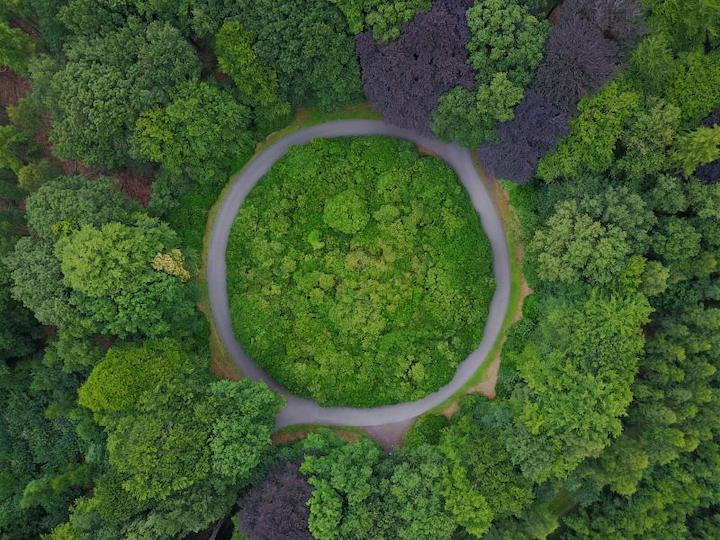How Nature-Based Solutions Can Help in Addressing the Root Causes of Climate Change
Regards,
Related Articles
Hidden Giant: The World’s Largest Waterfall Beneath the Ocean
Contrary to popular belief, the largest waterfall on Earth is not found in a scenic jungle or majestic mountains. Instead, it lies deep underwater...
“Be ready for exemplary costs”: Supreme Court Criticizes Jairam Ramesh Over Environmental Clearance Implementation
The Supreme Court of India delivered a stern reprimand to Congress Member of Parliament Jairam Ramesh on Thursday, following his challenge to an Office...
Tropical Cyclone Gezani Causes Widespread Destruction in Madagascar, Death Toll Reaches 31
Tropical Cyclone Gezani has devastated Madagascar, resulting in the deaths of at least 31 individuals and leaving four others unaccounted for, according to the...



 Amit Banka founded WeNaturalists in 2019 with a simple motive – to give a purpose to people’s passion for nature. Apart from being a successful entrepreneur, he is also an ardent nature lover, wilderness explorer, and bird photographer.
Amit Banka founded WeNaturalists in 2019 with a simple motive – to give a purpose to people’s passion for nature. Apart from being a successful entrepreneur, he is also an ardent nature lover, wilderness explorer, and bird photographer.